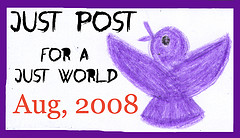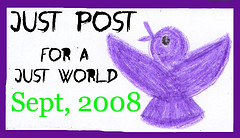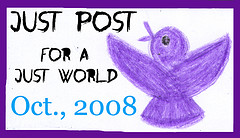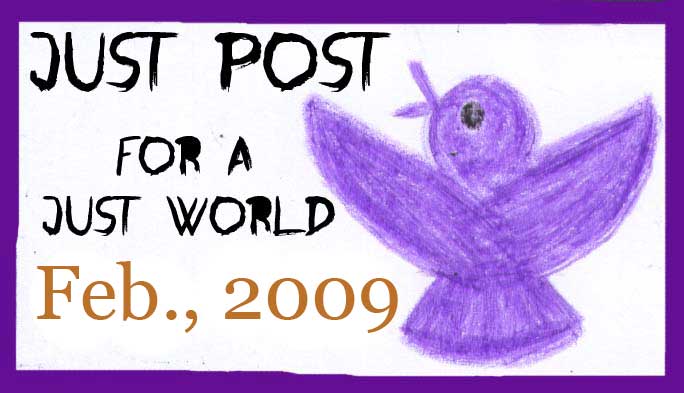My application to Wenner-Gren was submitted today… phew! PhD students who collect their own data are rare in my field, most use secondary datasets. From the beginning, I wanted to conduct my own study and receive funding to do so. Today I actually put some omph behind it by asking for $24,040 towards dissertation fieldwork.
Wenner-Gren is an anthropologic foundation, so the application is written towards an audience of anthropologists. I love anthropology; I came to Tulane because I wanted to study with a medical anthropologist who worked academically in public health (i.e. my committee chair). The application I sent in today is far from a prospectus (what I have to defend and get approved by my committee before moving on to actually doing the dissertation) but it is the very rough start. Good gracious, I almost have a dissertation.
Should inquiring minds care, here is the title:
Mi vida aqui es puro trabajo: Latinos, labor, and family in post-Katrina New Orleans
And here is the brief (less than 200 word) project description:
The primary aim of this research is to explore the experiences of newly arrived Latino migrants and immigrants in New Orleans. The secondary aim is to examine the range and magnitude of this population through a specialized methodology uniquely suited to the challenges of studying hard-to-reach groups. Within these aims, there are several sub queries that will serve as foci for the investigation: exploring what vulnerabilities are unique to this population; determining what sub-populations exist within the mélange of recently arrived Latinos; investigating the factors that influence permanent settlement; and considering how racial tension, workplace exploitation, and other challenges to life in the region are negotiated. This research utilizes respondent driven sampling, a specialized chain-referral methodology uniquely suited for three reasons: illegals within the population are clandestine; the population has transient qualities; and because the methodology allows tuning so that subgroups of interest can be sufficiently explored. By capturing a wide range of subjects, insight may be had on how individual response, adaptation, and resistance differs according to various social determinants, structural limitations, and cultural barriers. The approach offers comparisons within groups to identify individual differences and between groups to identify national, linguistic, economic, or newly emerging differences.
The good news: my chair has been a reviewer for Wenner-Gren for several years and his comments about it have me walking about 5 feet off the ground.
The bad news: I won’t find out until July!
** Extra note: my neighbor is a retired medical anthropologist and gave great last-minute feedback to my application. How wonderful is that?!

















